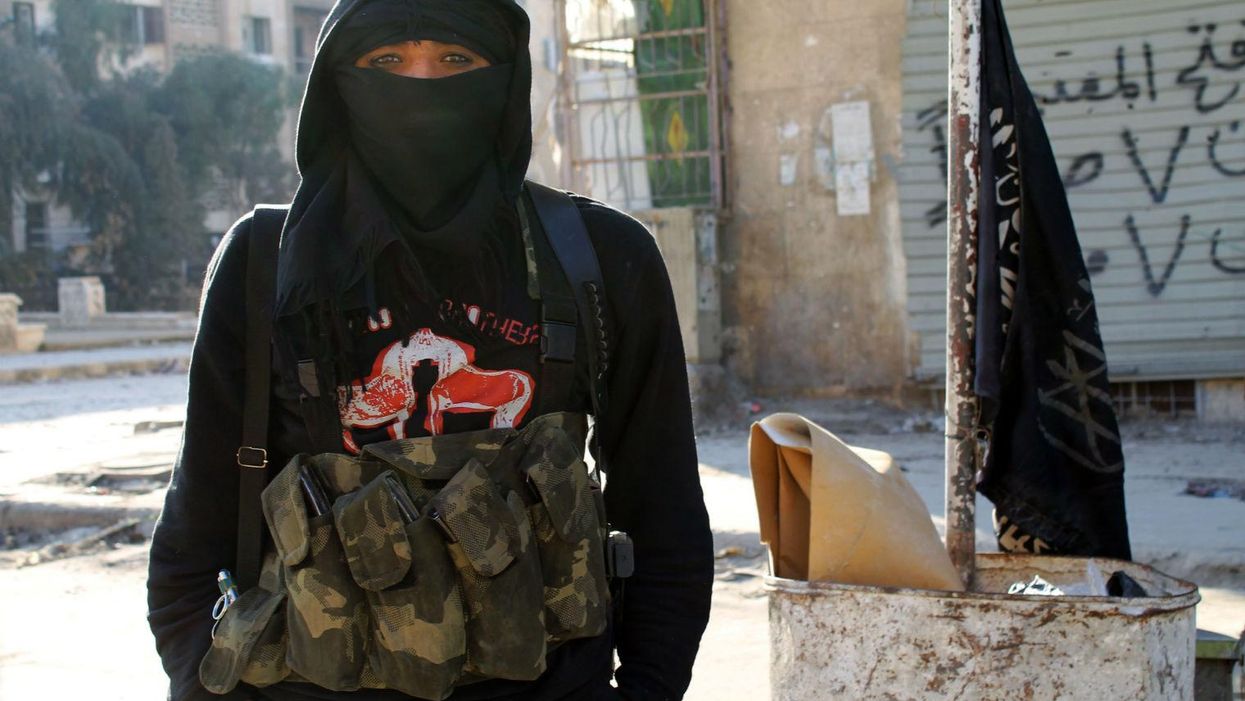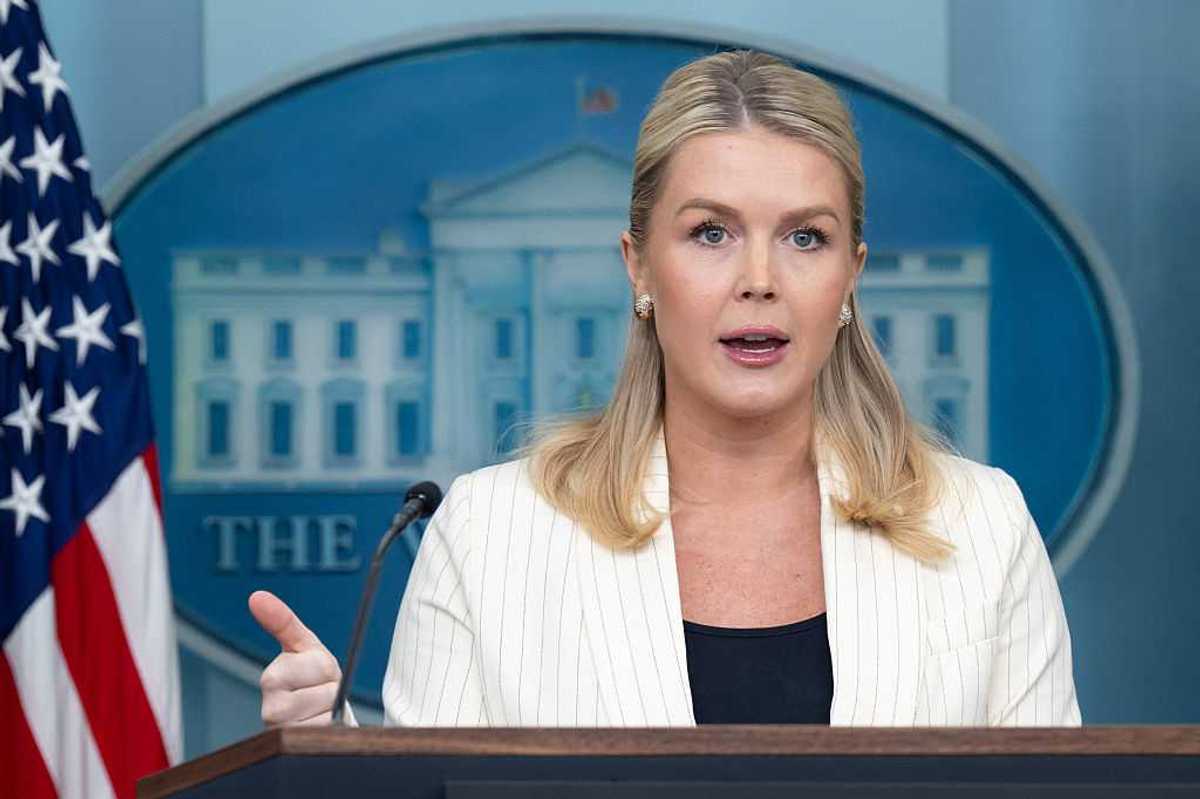News
Bethan McKernan
Oct 08, 2015

An Isis fighter on the outskirts of Aleppo, Syria, in January last year
Money really does make the whole world go round - even self-styled Islamic caliphates.
Isis, the terror group that has shocked the world with its unabashed brutality across swathes of Syria and Iraq, is one of the best-funded terrorist organisations in the world, and it is the group's vast wealth that has allowed it to expand so rapidly.
While there's no credible estimate of the total amounts in Isis' coffers, CNN reported earlier this year that the group makes up to $2million a day in oil sales from its seized territories, and The Economist said Isis earned at least $20million from hostage ransoms alone in 2014.
However, it appears that US-led coalition (and now Russian) airstrikes might be financially taking their toll on the group.
This week the Isis watchdog blog Jihadology published a leak of Isis' financial records from Deir ez-Zor province in Syria.
The territory has been under Isis control since July 2014, and the financial data, from December 2014 - January 2015, provides a fascinating and rare insight into the inner workings of the group:
Isis' revenue sources in Deir ez-Zor:
- Oil revenues (27.7 per cent)
- Tax revenue (23.7 per cent)
- "confiscations" (44.7 per cent)
Deir ez-Zor, Jihadology says, is one of the most oil-rich areas in Syria, and yet only 27.7 per cent of earnings have come from oil sales.
An incredible 45 per cent of the group's money comes from extorting money, land and property from people under the caliphate's control.
You don't need to be an economist to know that a financial model that relies on stealing is not exactly a sustainable growth strategy.
In addition, the records show that almost half of Isis's total revenue in Deir ez-Zor goes to paying soldiers' salaries, which is budgeting doomed to fail.
So while the caliphate might be rich for the time being, under these circumstances, it can't last forever.
HT Vox
More: The world's focus is rightly on Isis. But the Syrian regime kills more civilians
More: No, Ice Cube is not an Isis militant posing as a refugee
Top 100
The Conversation (0)













